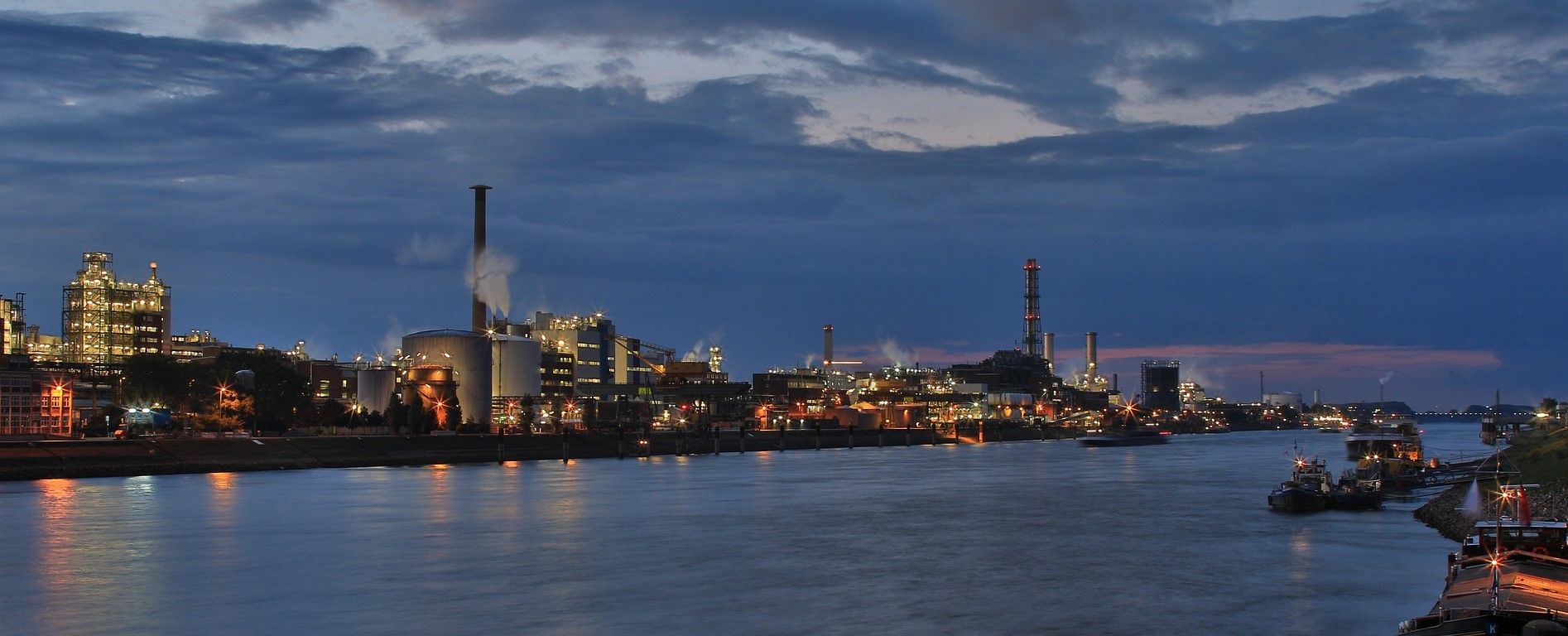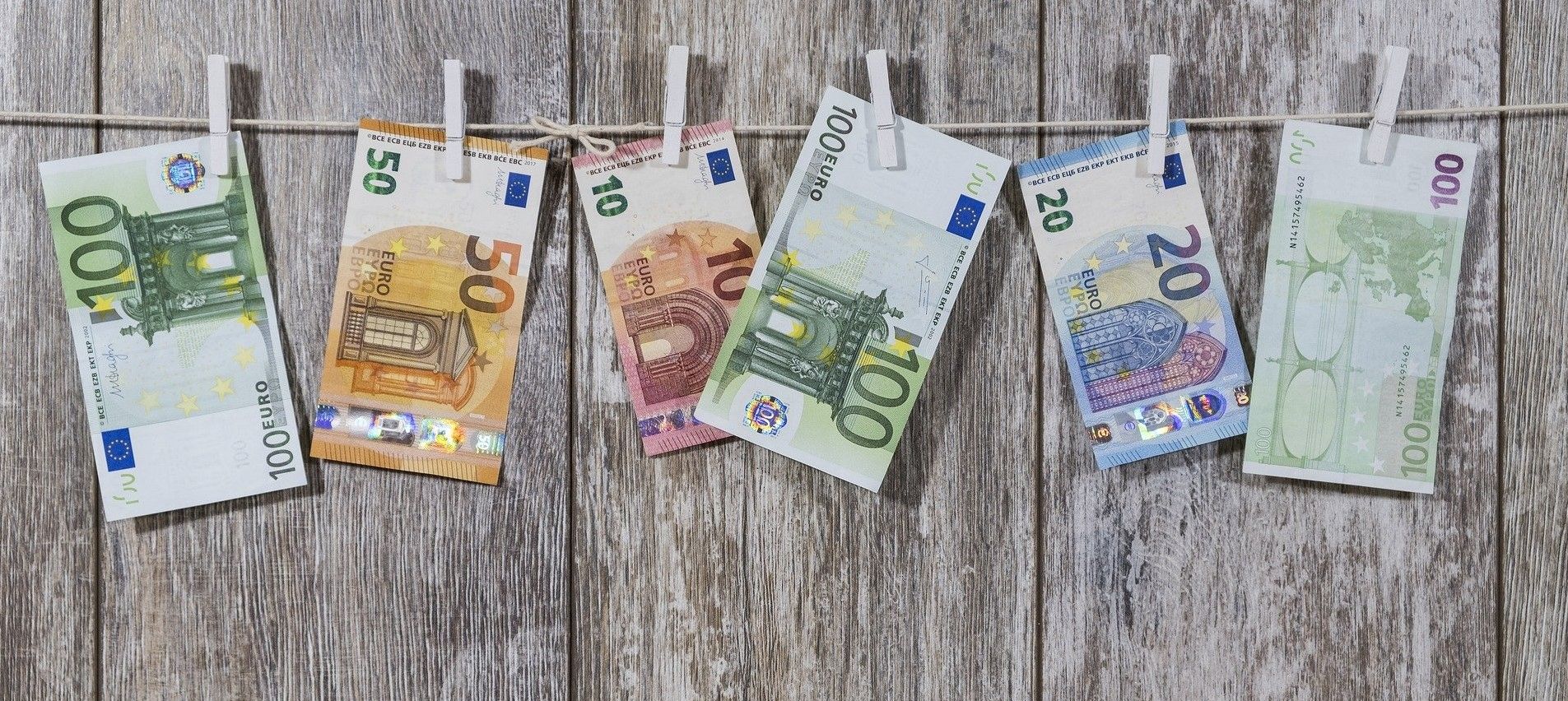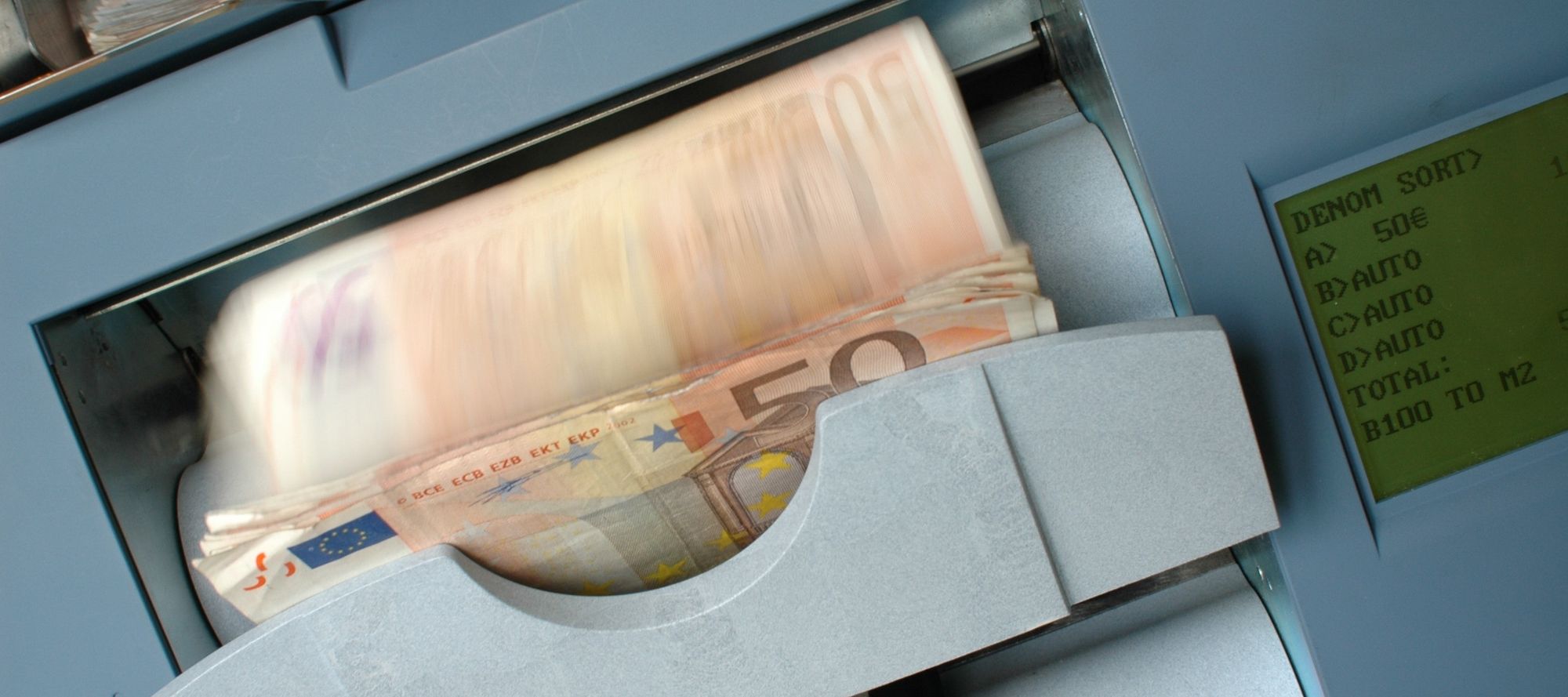Recent media headlines have shrieked in horror at news that the German chemical giant BASF has successfully been awarded a one-billion-pound loan from the UK’s coronavirus emergency bailout fund.
The news has had many people questioning, why a German company should benefit from British taxpayer funds and begun a search to find out which companies are benefitting most from government support and how are different governments aiding businesses.

Does BASF need a Bailout?
Only the board of executives at BASF truly know how badly the company has been hit by the pandemic and how desperate the business is for government support. Of course, while the firm is headquartered in Ludwigshafen, it does have eight chemical facilities in the UK and employs 850 people directly, with many more supported indirectly.
The company itself has been quick to highlight that the funds are not a gift or a grant, but a loan. Part of the €16.2 bn offered by the Bank of England from the UK government’s Covid Corporate Financing Facility (CCFF).
Indeed, BASF is not alone in benefitting from the support. Pharmaceuticals giant Bayer received £600m, AkzoNobel successfully applied for £30 million, and Polypipe Group £100 million. Toyota, Nissan, and Mitsubishi have also all been awarded loans, while the French luxury brand Chanel has received £600m, arguing that its global headquarters are in the UK, where it employs 1,600 people. A company spokesperson declaring that, ”We have chosen not to access government furlough schemes but as a large employer which has seen all of its boutiques shut by the Covid-19 pandemic, we have accessed the Bank of England facility. The loan will be repaid within the next 12 months.”
The loans were all assigned correctly under the government’s application procedure. As the chemical industry journal ICIS reports, “Companies were eligible for the grant if they were an investment-grade company found to make a material UK contribution who are not regulated by the Financial Conduct Authority (FCA) or the Prudential Regulation Authority (PRA).” Noting that, “Short-term loans through the CCFF enables the Bank of England to commercial paper from firms at repayable rates between 0.2-0.6%.”
A much lower rate, it should be noted, than would typically be found on the private market.
In return, companies using the facilities must comply with some very broad (and open to interpretation) rules. These include, “… showing restraint on the payment of dividends and other capital distributions and on senior pay … [and paying back the loan in] at least 12 months, or for as long as steps are needed to relieve cash flow pressures on firms that make a material contribution to the UK economy.”
As a loan, these terms may seem appropriate to many working inside industry. Unfortunately, many taxpayers believe that it is another example of big business gaining from backroom deals made in the corridors of power.
Environmentalists are unhappy that government support is so freely offered to industries that they believe are the worst offenders towards climate change.

For example, EasyJet and Ryanair have borrowed £600m each, British Airways £300m, and Wizz Air £300m. Despite the large sums awarded, the Guardian reports that, “… both Easyjet and BA have announced plans to make thousands of job cuts given the scale of the impact from Covid-19.” Adding that, “Both have stated that the money will be used simply to boost cash reserves and maintain liquidity during lockdown and hoped-for recovery. Although staff have been furloughed and fleets grounded, the airlines estimated they were still burning through cash at between £30m-60m a week.”
Also of note, the Guardian is reporting that, “Virgin Atlantic, majority owned by the billionaire Richard Branson, who has faced questions over whether his companies should receive public funds due to his personal tax status, is reported to have been turned down for a £500m loan.”
Campaign groups have responded by reminding the government that, “Ministers’ have previously made assurances that the government would prioritise a green economic recovery from the coronavirus crisis.”
Other companies that have been awarded loans include those in the oil and gas, engineering, automotive, and construction sectors. For example, building company JCB have borrowed £600m.
BASF remains steadfast in its belief that it has acted appropriately. A company statement declaring that, “We consider the purchase of commercial paper [the loans] to be a customary financial market transaction under our existing commercial paper program. The transaction does not have the character of state aid, and BASF neither asked for, nor was it granted any subsidies.”

Adding that, “BASF’s financing policy aims to ensure the company’s liquidity at all times, limiting the risks associated with financing and optimising our cost of capital...Our global commercial paper program, which has an issuing volume of up to $12.5 billion and has been in place for more than 20 years, is used for short-term financing, while corporate bonds are used for financing in the medium and long term.”
How many companies would fail without aid and how many will fail due to a lack of support will be better known in time.
As for BASF, like all chemical companies it plays a key role in the economy, not only as a provider of employment, but also as a supplier of essential products. Many would question if a loan of £1 billion of taxpayer money is biased towards big business, others would argue that such a move prevents a domino effect of collapsing industry.
Ultimately, the taxpayers must decide at the ballot box if governments have been fair in their support for both small and large businesses during the coronavirus lockdown.
Photo credit: Christian Supik (Fotografie) + Manuela Pleier (Design) from Pixabay, Tomasz Mikołajczyk from Pixabay, Bruno /Germany from Pixabay, & Pexels